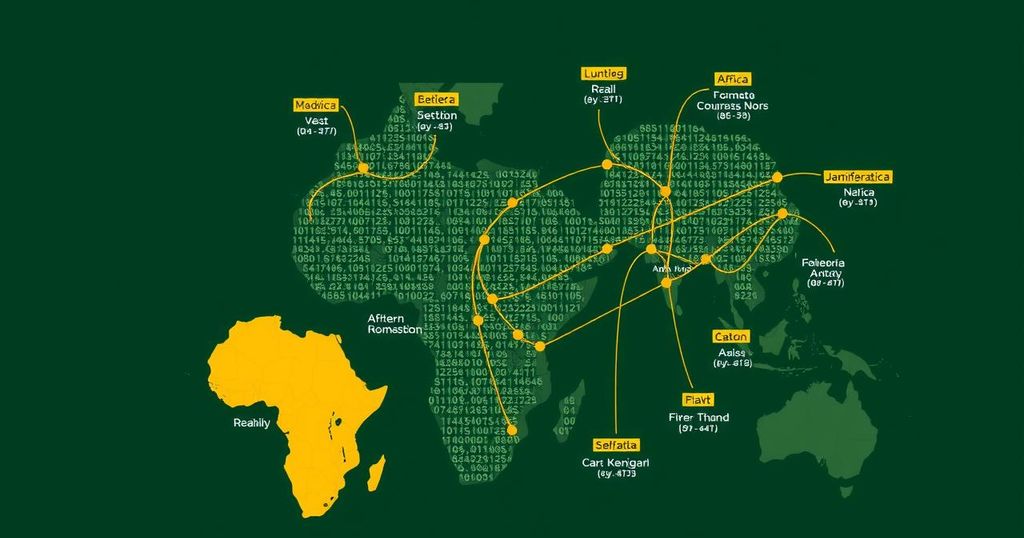This article examines the complex relationship between public debt and education in Zimbabwe, Eritrea, South Sudan, and South Africa. It highlights how financial constraints and governance issues impact educational access and quality. The text underscores the need for effective debt management and the reallocation of resources toward education to ensure that all children can access quality educational opportunities, a fundamental human right.
The intricate relationship between public debt and the right to education is further illuminated by the cases of Zimbabwe, Eritrea, South Sudan, and South Africa. These nations demonstrate how financial constraints and governance challenges adversely affect educational access and learning outcomes. In Zimbabwe, continued economic mismanagement has resulted in severe underfunding of education, with a lack of infrastructure and insufficient teacher training leading to low enrolment rates, particularly in rural areas.
Eritrea represents a unique scenario where its focus on self-reliance and military expenditure over education further diminishes educational opportunities. The compulsory national service disrupts young people’s education and limits access to quality learning. Similarly, South Africa, while economically stronger, continues to face disparities in educational access due to the historical impact of apartheid, coupled with ongoing financial constraints that impede adequate investment in education.
South Sudan faces the most serious obstacles, where conflict and corruption have created a significant debt burden. Despite rich oil reserves, mismanagement results in inadequate educational infrastructure. The national budget reflects a stark prioritization of debt repayments over education funding, thus compromising the right to learn for many children.
Collectively, these case studies emphasize the necessity of effective debt management and governance practices to improve educational access. Policymakers must pursue comprehensive debt strategies, possibly including debt restructuring or cancellation, to redirect funds toward educational investments. Adhering to frameworks such as the International Covenant on Economic, Social, and Cultural Rights and the United Nations’ Sustainable Development Goals can assist countries in prioritizing their educational obligations even in times of fiscal distress.
Furthermore, measures to enhance governance, minimize corruption, and foster community involvement in budgeting can significantly influence educational outcomes. It is essential to leverage these lessons not only within these specific nations but also in a broader context to help address similar challenges in other countries experiencing the debt-education nexus.
Ultimately, addressing the relationship between debt and education is critical to achieving sustainable development and ensuring equitable access to quality education for all citizens. Policymakers, international partners, and civil society must work collaboratively to safeguard educational investments amidst financial pressures, thus ensuring that the right to education remains paramount.
This article investigates the vital interplay between public debt and educational access, focusing on four African nations: Zimbabwe, Eritrea, South Sudan, and South Africa. Each country exemplifies how public debt and economic policies impact education, informing broader discussions about governance and fiscal responsibility. The series highlights the consequences of mismanagement, corruption, and historical inequalities on educational systems, as well as the implications for national development and human rights, particularly the right to education.
In summary, the analysis of Zimbabwe, Eritrea, South Sudan, and South Africa reveals the profound implications of public debt on educational access. Effective debt management strategies are crucial for reallocating resources toward education, which is imperative for long-term national development. Addressing governance issues and prioritizing educational investments can ultimately ensure that all children have the opportunity to receive quality education, promoting not only individual well-being but also societal progress. The lessons gleaned from these nations are vital for policymakers and international stakeholders aiming to harmonize debt obligations with the right to education, ensuring robust outcomes for future generations.
Original Source: www.amnesty.org






